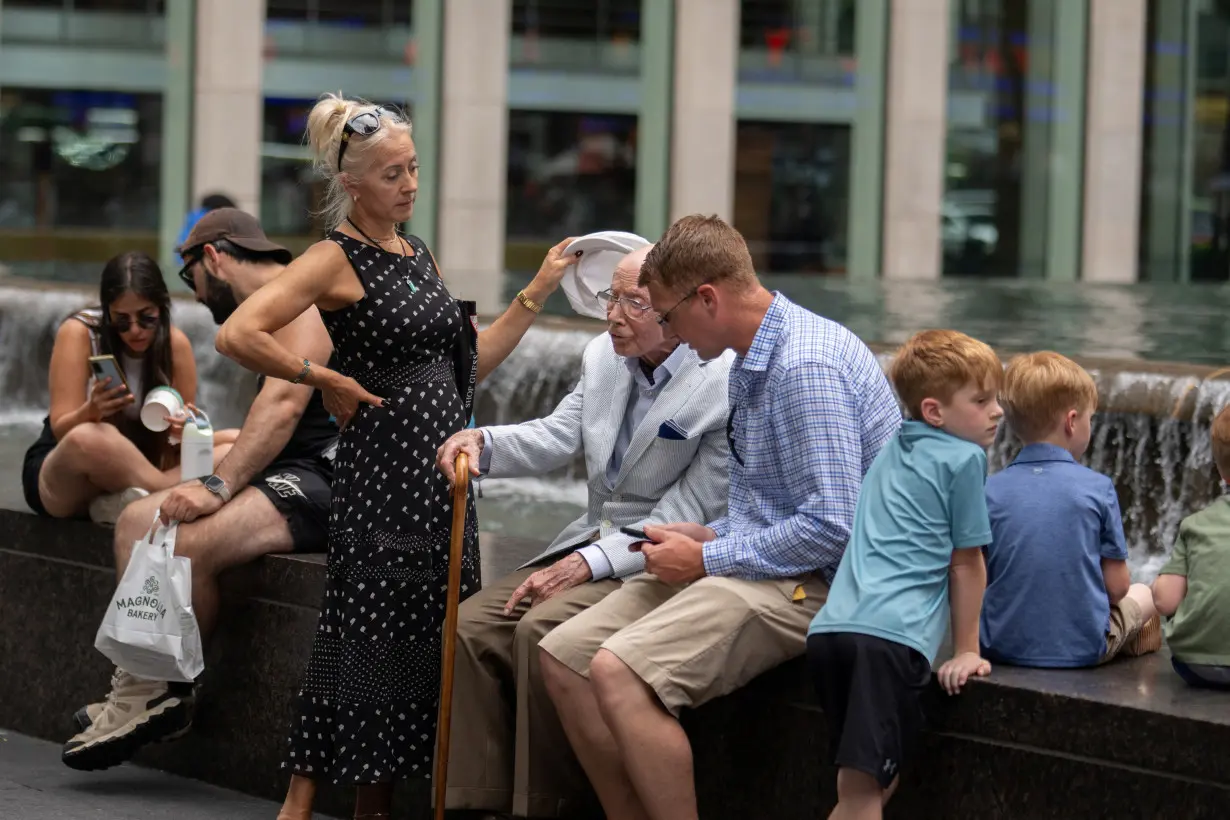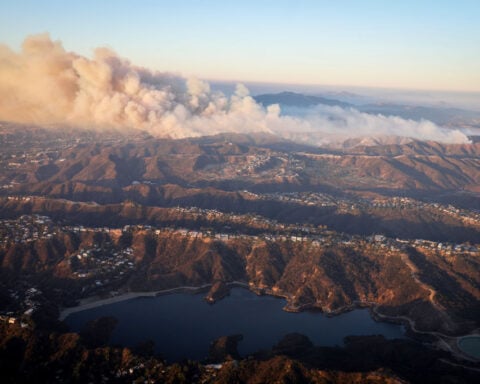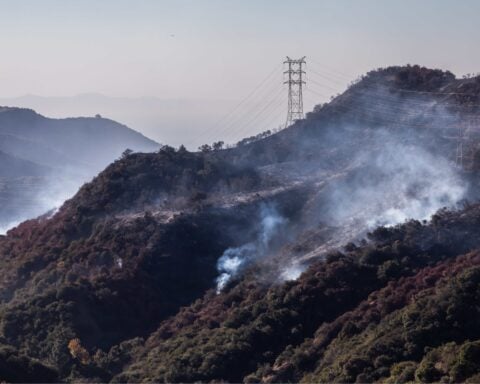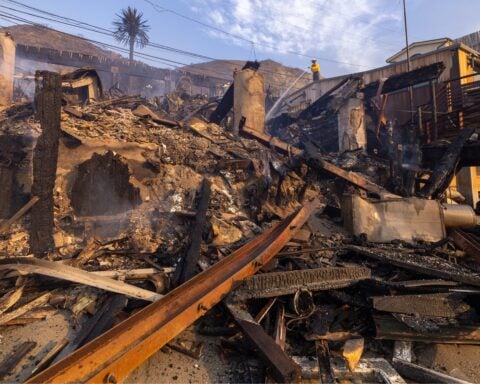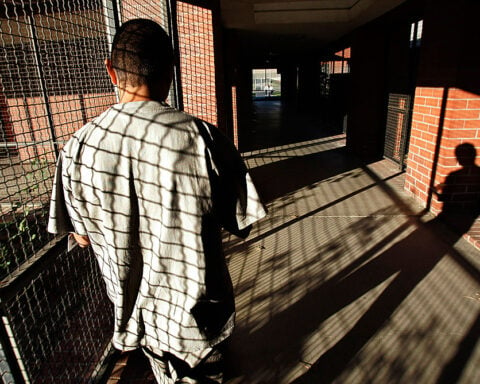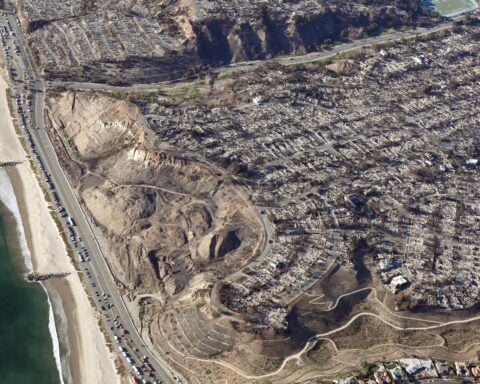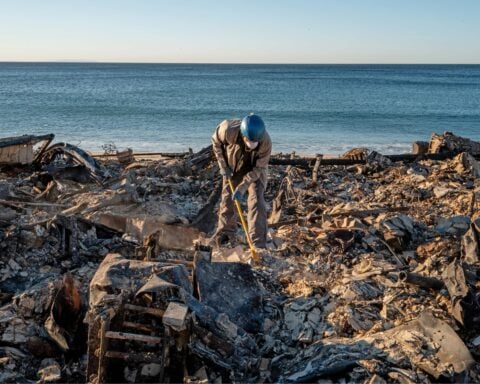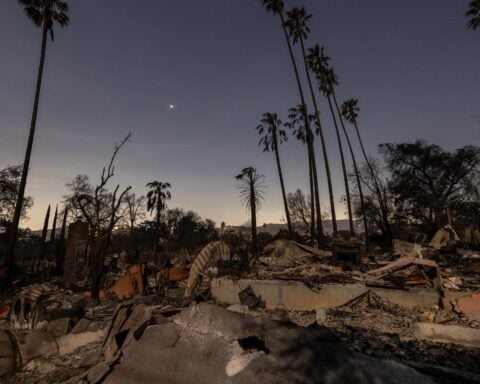By Daniel Trotta
(Reuters) - Americans from New York to Washington may finally get a reprieve on Monday from the oppressive heat wave of the past week, although sizzling temperatures threaten much of the Southeast and Southwest, weather forecasters said.
The heat wave will likely peak in the Southwest, Mid-South and Plains early this week, with heat index readings exceeding 110 degrees Fahrenheit (43 Celsius) in some places, the National Weather Service (NWS) said.
Meanwhile, the Upper Midwest can expect severe thunderstorms on Monday while the Southwest may get monsoon-like conditions due to moisture coming from the remnants of Tropical Cyclone Alberto that could produce flash flooding.
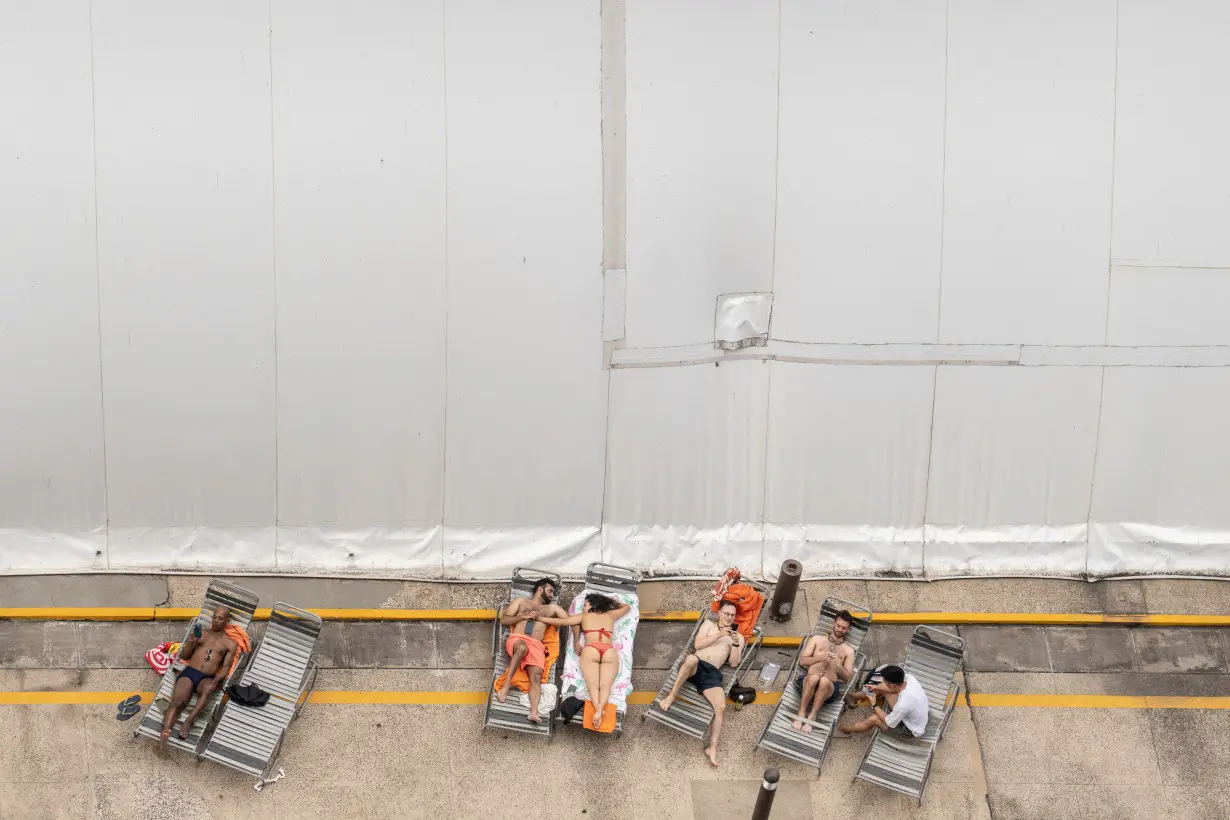
Although the final day of the heat wave in the New York-Washington corridor was forecast for Sunday, heat advisories were still in effect throughout the country.
"Instead of cooler, it may be appropriate to say not quite as hot. In DC tomorrow we're still looking at a high temperature of 88 to 90 degrees (31 to 32 C)," said Rich Bann, a meteorologist with NWS's Weather Prediction Center.
"In many ways it still does pose hazards. That's why we continue to message the idea of stay hydrated, stay cool, and worry about others who don't have air conditioning," Bann said.

More than 100 million people across the U.S. were under heat warnings on Sunday, when temperatures surpassed 100 degrees Fahrenheit (38 degrees Celsius) in many places.
Palm Springs, California, hit a high of 112 F (44 C) on Sunday while Las Vegas recorded a high of 109 F (43 C).
Death Valley, a remote part of the California desert that is 282 feet (86 meters) below sea level and often has the nation's high temperature, reached 121 F (49 C) on Sunday.
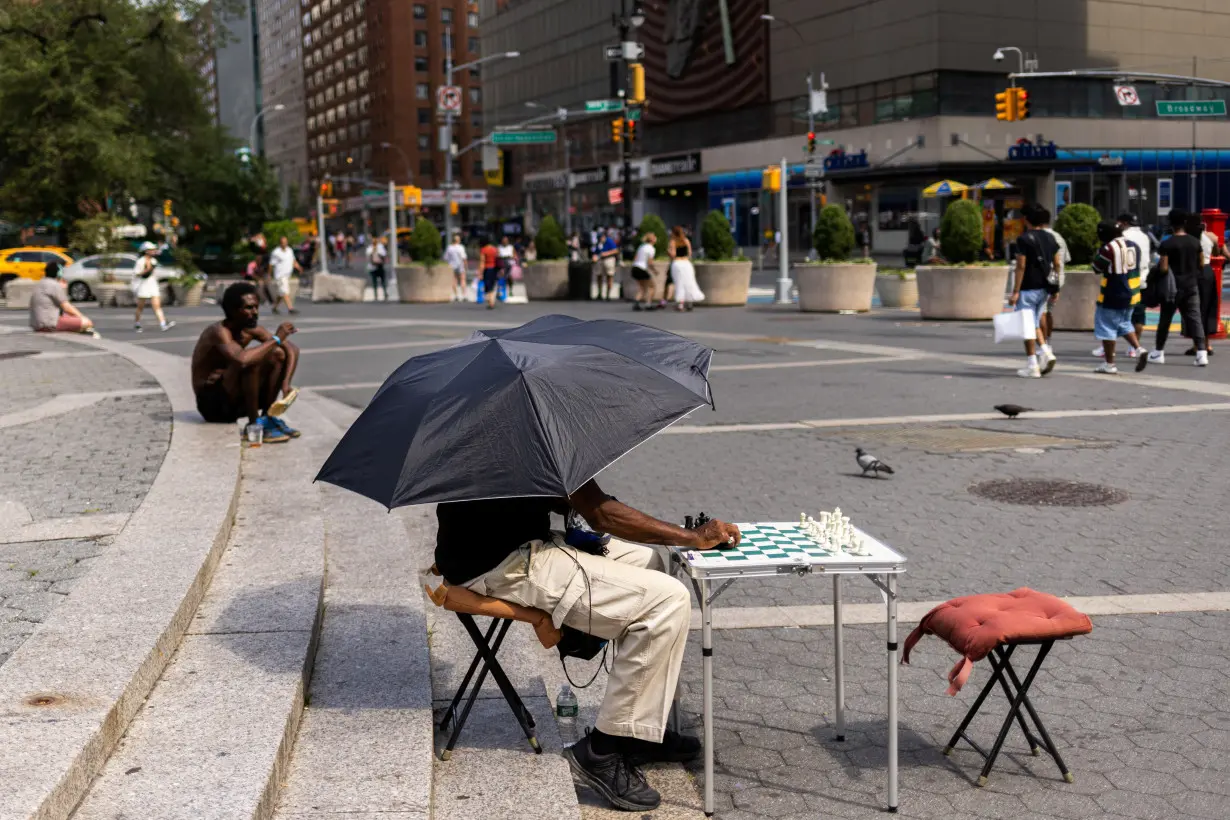
Monsoon conditions may help cool off parts of the scorching Southwest, Bann said.
Climate change has fueled dangerous heat waves across the Northern Hemisphere and will continue to deliver dangerous weather for decades to come, research shows.
Extreme heat is suspected of causing hundreds of deaths across Asia and Europe as it has taken over cities on four continents.
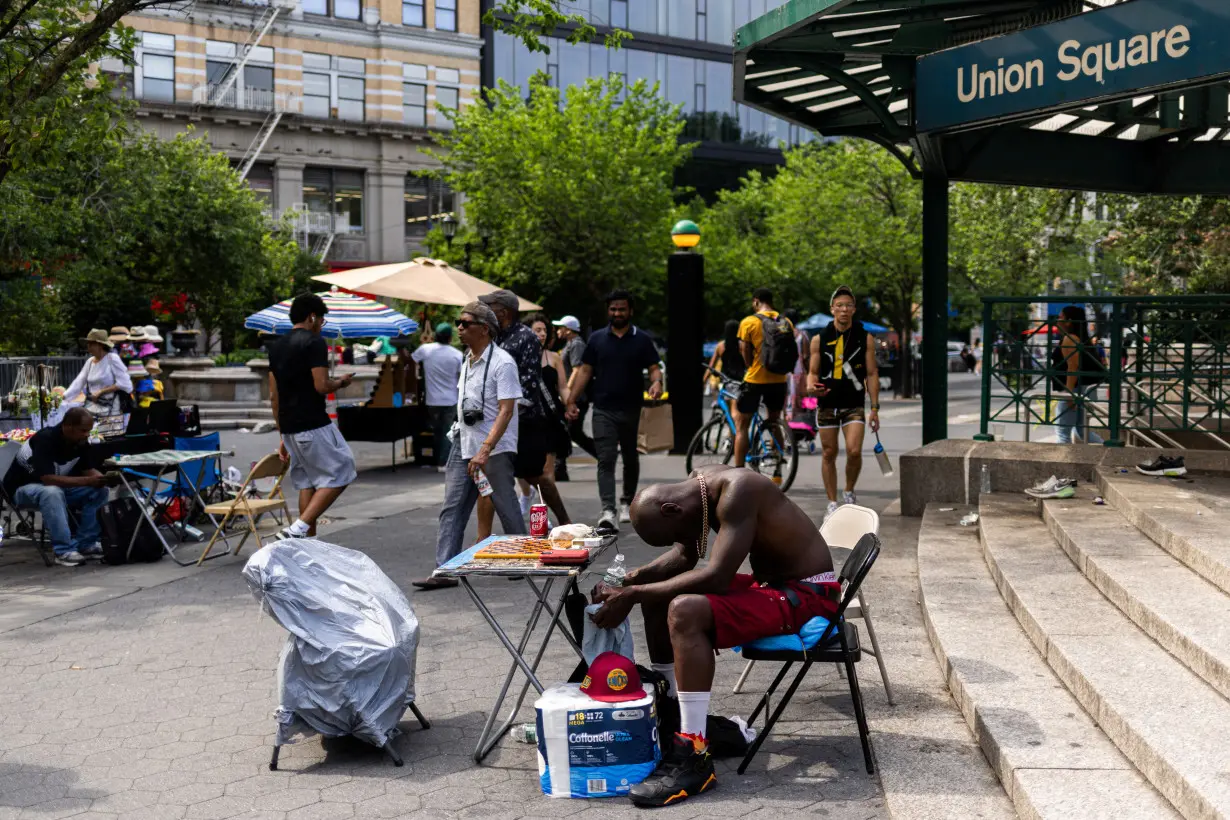
More than 1,000 have died during Haj, the annual pilgrimage to Mecca in Saudi Arabia, amid sweltering temperatures this year, according to a Reuters tally.
(Reporting by Daniel Trotta; Editing by Diane Craft)

 Italy, Albania, UAE sign deal for energy subsea interconnection
Italy, Albania, UAE sign deal for energy subsea interconnection
 European shares advance as bond yields ease; soft inflation powers UK stocks
European shares advance as bond yields ease; soft inflation powers UK stocks
 Bank Indonesia delivers surprise rate cut to support growth
Bank Indonesia delivers surprise rate cut to support growth
 Novak Djokovic breaks a tie with Roger Federer for the most Grand Slam matches in tennis history
Novak Djokovic breaks a tie with Roger Federer for the most Grand Slam matches in tennis history
 China's RedNote: what you need to know about the app TikTok users are flocking to
China's RedNote: what you need to know about the app TikTok users are flocking to
 British author Neil Gaiman denies ever engaging in non-consensual sex as more accusers come forward
British author Neil Gaiman denies ever engaging in non-consensual sex as more accusers come forward
